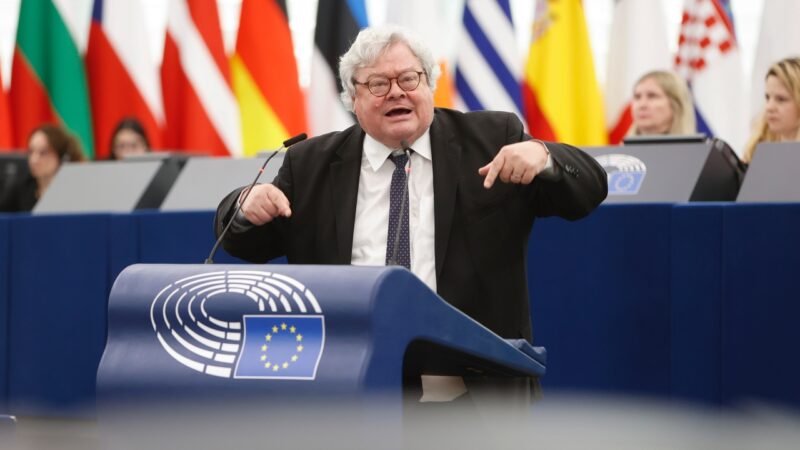Commenting on President Macron’s and President von der Leyen’s China-trip, Reinhard Bütikofer, Foreign Affairs Coordinator of the Greens/EFA group in the European Parliament, says:
“The joint trip to China by the French President and the President of the European Commission offers the opportunity to send clear European signals to the Beijing leadership. Ursula von der Leyen’s speech on China in the run-up to the visit has created a good starting point for this. It is to be hoped that von der Leyen’s sober tone will set the style.
China’s attitude to the Russian war of aggression against Ukraine has so far unfortunately not been guided by the criteria of the United Nations Charter. In accordance with the principles of national sovereignty and territorial integrity, Vladimir Putin must withdraw Russia’s troops. China should also recognise this. Only in this way can lasting peace become possible. Chinese weapons supply to Moscow, on the other hand, would be a slap in Europe’s face.
In economic relations between Europe and China, the risks of unilateral dependence on Xi Jinping’s authoritarian regime must be urgently reduced. The EU is not pursuing decoupling, but the enforcement of fair economic relations, including through the use of trade defence instruments. In future, this should also include addressing European investments in China through investment screening.
China’s hegemonic ambitions in international relations cause a systemic confrontation with Europe’s orientation towards international law and multilateralism based on it. For Europe, this means two kinds of solidarity. Firstly, solidarity with democracies worldwide against Chinese aggression. This includes solidarity with Taiwan’s democracy. Secondly, solidarity for peace, fair development and worldwide ecological and climate responsibility, especially towards the countries of the Global South. With its development cooperation and the Global Gateway Initiative, the EU can offer a fair partnership where China’s policy primarily produces dependencies.”


















